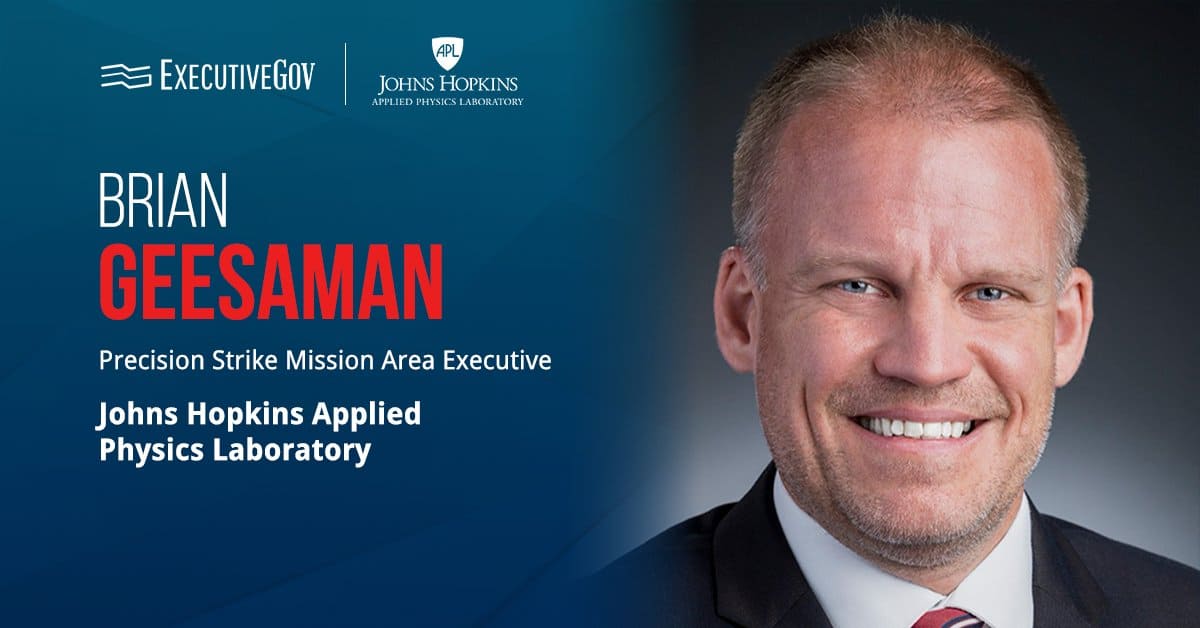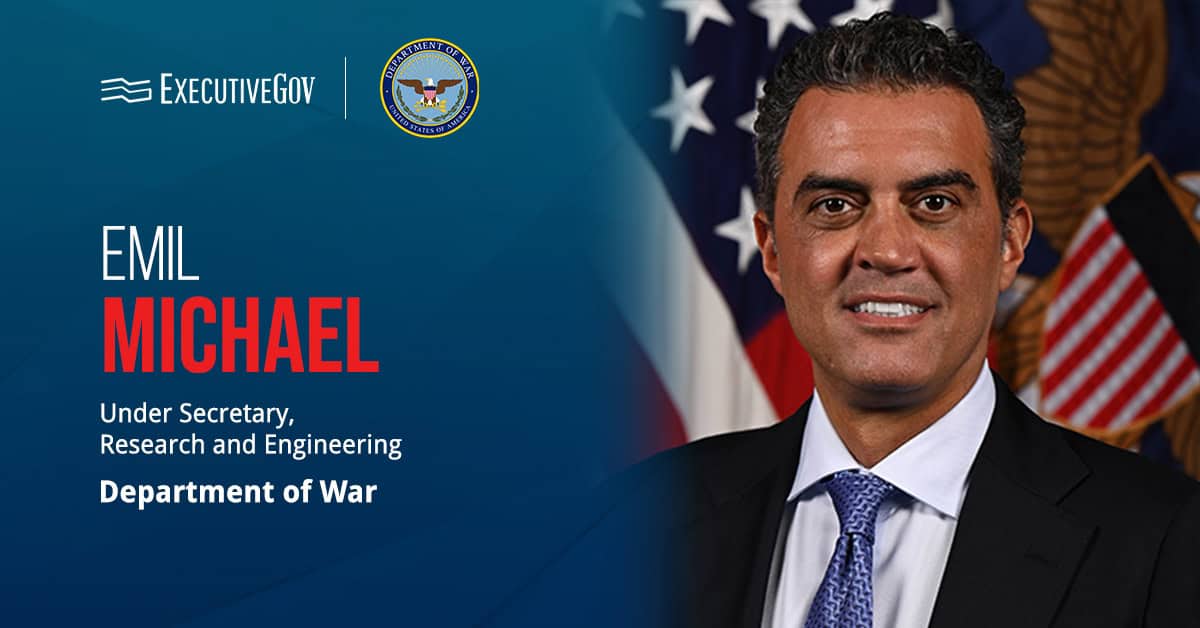
The U.S. Customs and Border Protection will begin the initial deployment of facial comparison technology at John F. Kennedy International Airport to verify the identity of some travelers entering the U.S.
CBP said Tuesday the deployment will apply to returning U.S. ePassport holders and first-time Visa Waiver Program travelers.
“This biometric capability will aid our officers in identifying legitimate travelers while protecting them from fraud and identity theft with little to no delay to the entry process,” said CBPÂ Commissioner Gil Kerlikowske.
He added that the technology works to support homeland security efforts.
CBP conducted a pilot test of facial comparison technology at Washington Dulles International Airport last year.
The agency said it aims to build on existing digital fingerprint-based screening procedures and explore new biometric technologies this year.





